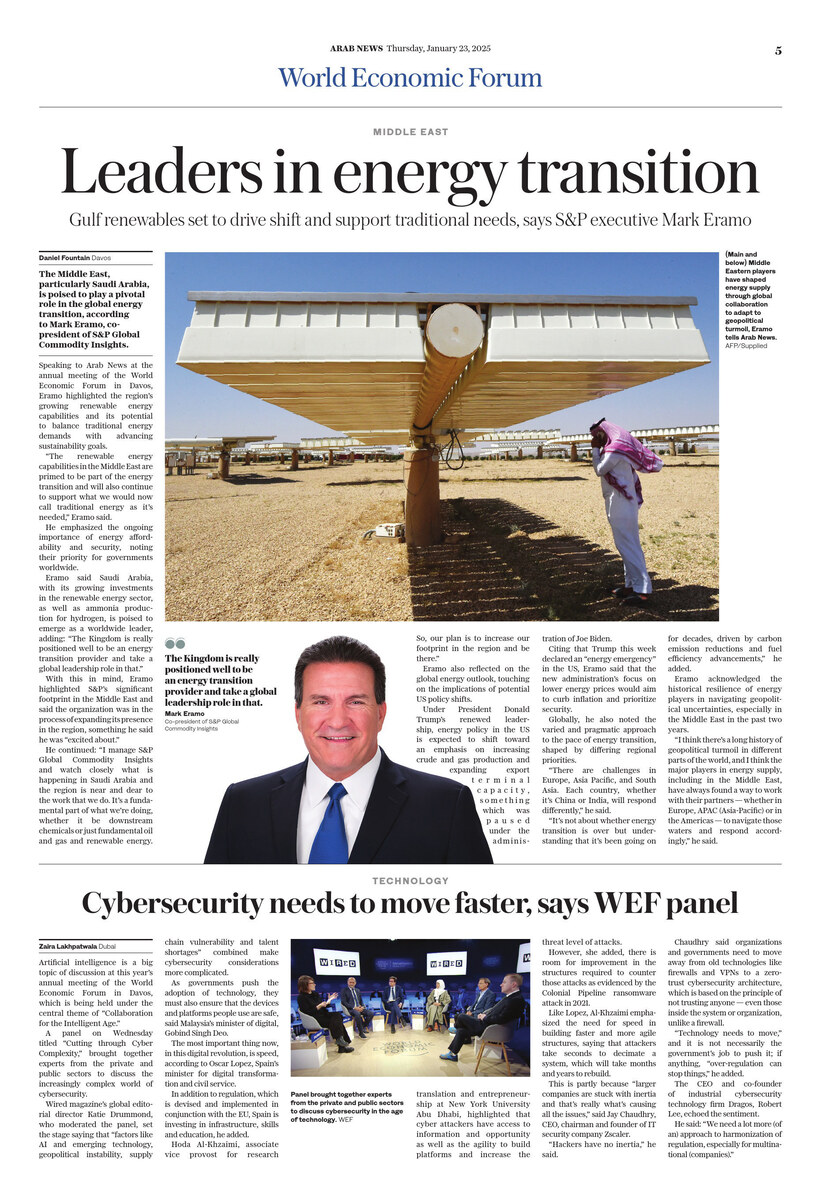DUBAI: Staffers at CNN are rallying against the network’s coverage of the Israel-Hamas conflict over claims that editorial policies are censoring Palestinian perspectives and promoting Israeli propaganda.
Journalists in CNN newsrooms in countries including the US said that the network’s story-approval process and management edicts have led to censored and biased coverage of the conflict.
“The majority of news since the war began, regardless of how accurate the initial reporting, has been skewed by a systemic and institutional bias within the network toward Israel,” a CNN staffer told The Guardian. “Ultimately, CNN’s coverage of the Israel-Gaza war amounts to journalistic malpractice.”
Daily news decisions are based on directives from CNN headquarters in Atlanta that maintain strict guidelines on coverage, according to accounts from six CNN staffers and more than a dozen internal memos and emails obtained by the British daily.
Guidelines include severe restrictions on quoting Hamas officials and reporting other Palestinian perspectives, while taking statements from the Israeli government at face value, the staffers said.
Stories must also be cleared by the Jerusalem bureau before broadcast or publication.
“There’s a lot of internal strife and dissent. Some people are looking to get out,” one journalist said.
Another staffer said: “Many have been pushing for more content from Gaza to be alerted and aired. By the time these reports go through Jerusalem and make it to TV or the homepage, critical changes — from the introduction of imprecise language to an ignorance of crucial stories — ensure that nearly every report, no matter how damning, relieves Israel of wrongdoing.”
Some journalists with long-term experience reporting on the Israel-Palestine conflict are said to be avoiding assignments in Israel over fears they will be prevented from writing impartial reports, while others believe they are being intentionally held back by senior editors.
CNN staffers say that the tone of the network’s coverage is set by new editor-in-chief and CEO Mark Thompson, who stepped into the role two days after the Oct. 7 Hamas-led attack.
Some employees have questioned Thompson’s ability to maintain editorial impartiality, owing to controversies in his previous role as director-general of Britain’s BBC public broadcaster, when he was accused of succumbing to Israeli government pressure on various occasions.
In one case, critics accused Thompson of removing a BBC correspondent from her Jerusalem post in 2005 on the advice of the Israeli government.
One internal CNN memo seen by The Guardian contained instructions from Thompson to remind audiences “of the immediate cause of this current conflict, namely the Hamas attack and mass murder and kidnap of civilians.”
For many staffers, the memo appears to reflect the network’s editorial strategy of justifying Israel’s actions through the Hamas massacre, and failing to provide additional context and background.
One staffer said: “How else are editors going to read that other than as an instruction that no matter what the Israelis do, Hamas is ultimately to blame?”
David Lindsay, CNN’s senior director of news standards and practices, issued a directive in November warning journalists to avoid publishing statements from Hamas officials.
“Most of it has been said many times before and is not newsworthy. We should be careful not to give it a platform,” he told the network’s staff.
Disgruntled staff have also pointed to CNN’s repeated airing of interviews containing inflammatory rhetoric from Israeli officials and their American supporters.
A CNN spokesperson rejected allegations of bias in a statement to The Guardian.
“Our reporting has confronted Israel’s response to the attacks, including some of our most detailed and high-profile investigations, interviews and reports,” it said.




























